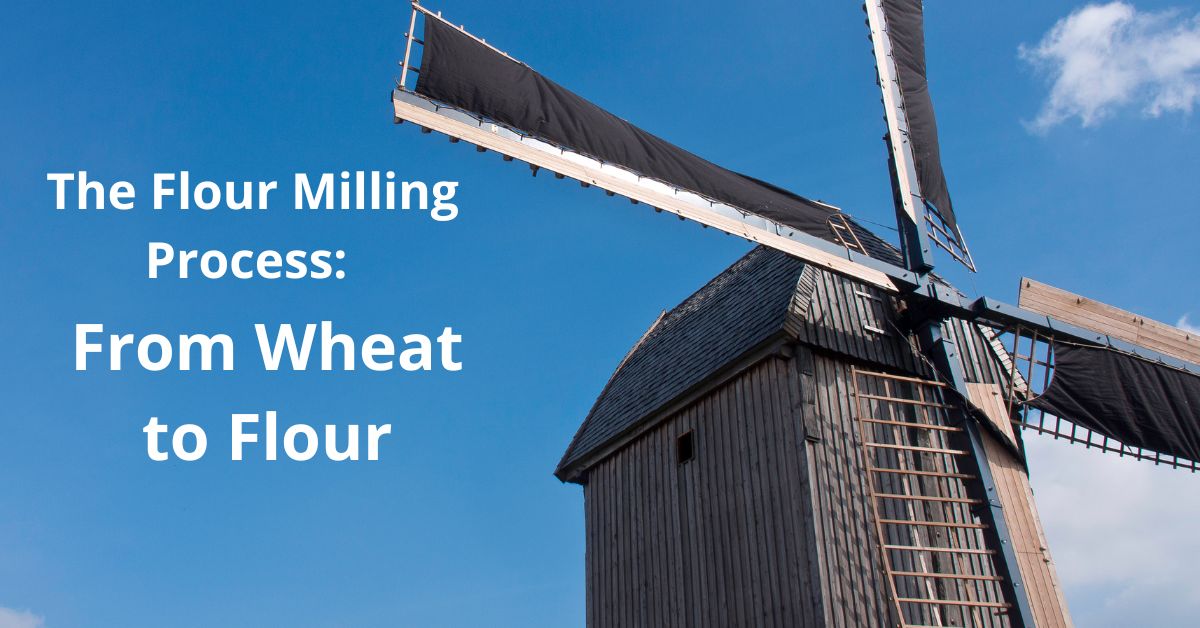For those who love baking, it’s fascinating to learn what goes on behind the scenes to transform whole grains into the flour we use regularly in so many recipes. Have you ever wondered exactly how flour is milled from raw wheat? Read on for an overview of the flour milling process!
Wheat Cleaning and Conditioning
Milling starts with the inspection and cleaning of the wheat kernels to remove any debris. Kernels are then conditioned by adding moisture to toughen up the bran and soften the inner endosperm. This prepares the wheat for efficient grinding.
First Break Milling
The conditioned wheat first undergoes coarse grinding to break it into large, cracked pieces. This begins releasing the bran, germ, and endosperm components.
Sifting and Separating
Next, the coarse flour passes through a sifter to separate the larger bran and germ pieces from the finer endosperm. This starts the separation of the nutritional wheat components.
Second Break Milling
The sifted endosperm undergoes a second finer grinding to further break it down into a fine, powdery flour. Additional sifting and separating removes any remaining bran pieces.
Final Milling and Bolting
In the final milling, the fine endosperm flour is reground and sifted repeatedly until reaching the desired consistency and fineness. Air currents help separate, and bolting cloths filter the flour.
Bleaching and Enriching
For white flours, bleaching is often done to whiten the naturally yellow flour. Enriching replaces some vitamins and minerals lost when the bran and germ are removed during milling.
Flour Quality Testing
Prior to packaging, the milled flour is tested to ensure it meets specifications for factors like protein content, moisture, ash content, and brightness.
Flour Packaging and Distribution
Once the flour passes quality control, it is packaged into bags or other consumer containers and distributed to grocery retailers or bakeries.
For the freshest flour, many bakers are choosing to mill their own grains at home using electric grain mills, classic Austrian-made Waldner grain mills, German-made Mockmill grain mills, or manual grain mills like the Flocker or Farina. This allows you to customise the flour exactly to your liking!




